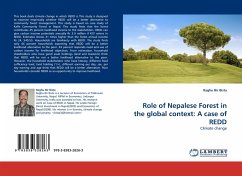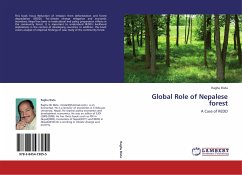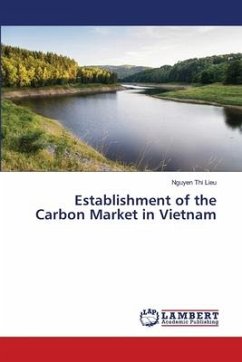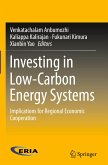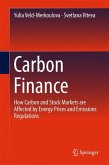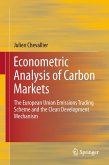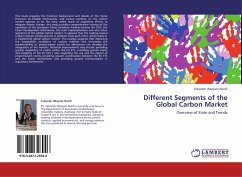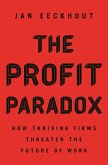This book deals climate change in which REDD is This study is designed to examine empirically whether REDD will be a better alternative to community forest management. This study is based on case study of Kafle Community Forest in Nepal. This study finds that the forest contributes 45 percent livelihood income to the stakeholders. REDD can give carbon income potentials annually Rs 3.9 million if KCF enters in REDD. Estimates shows 41 times higher than the forest annual income Rs 24, 549.55. Households are familiarity with REDD. The study finds only 44 percent households expecting that REDD will be a better livelihood alternative to the poor. 63 percent responds need and use of carbon income for livelihood objectives. From estimation, household stakeholders who have good asset holdings (land and livestock) think that REDD will be not a better livelihood alternative to the poor. However, the household stakeholders who have literacy, different food sufficiency level, land holding (1>), different earning per day, sex, per day earning and age think that REDD will be a better alternative. Poor households consider REDD as an opportunity to improve livelihood.
Bitte wählen Sie Ihr Anliegen aus.
Rechnungen
Retourenschein anfordern
Bestellstatus
Storno

